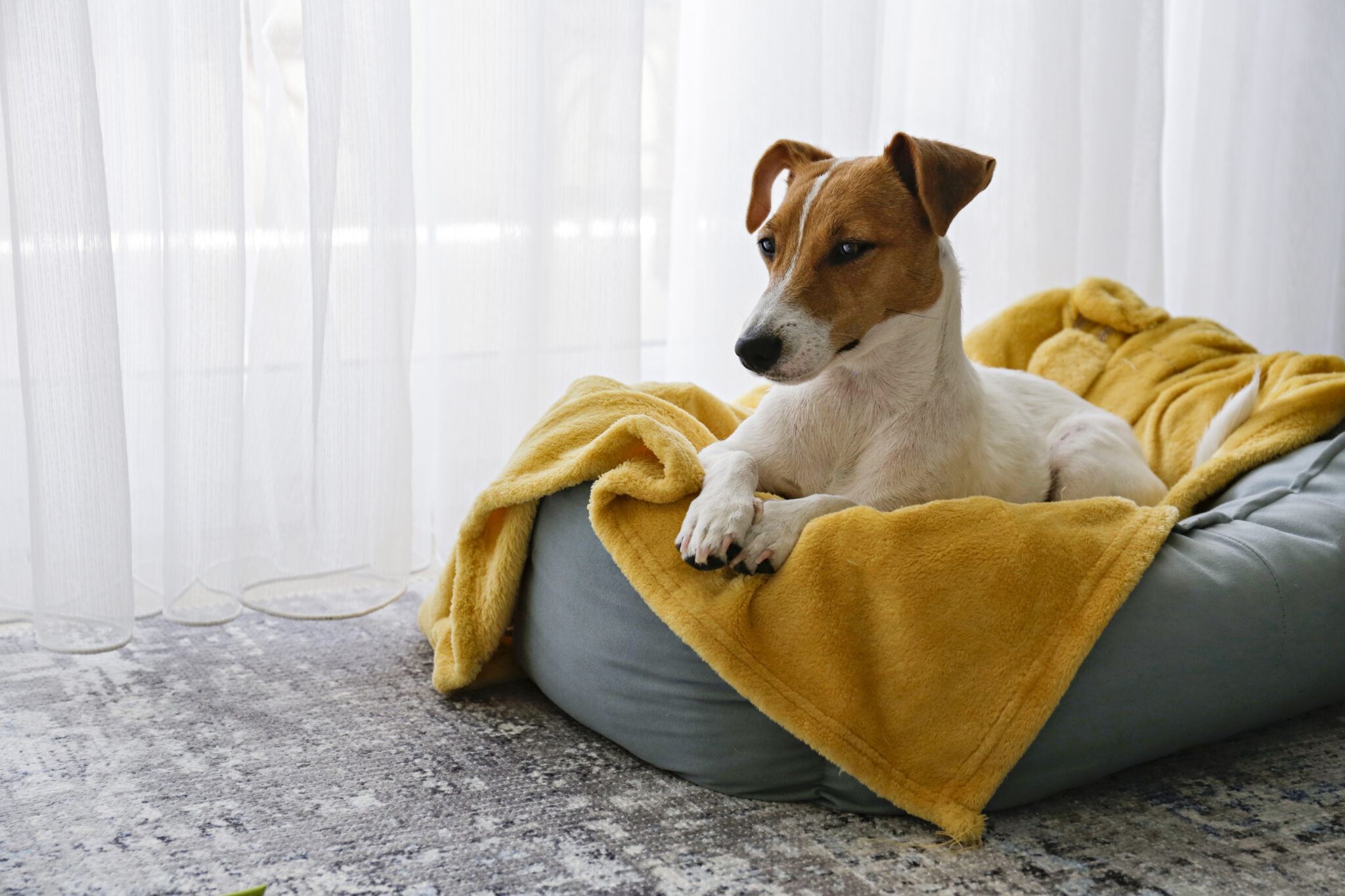Welcoming a rescue dog into their new home, where they will hopefully live out a wonderful and happy life, is an extremely exciting time. However, it can also be somewhat of a stressful and overwhelming time. With so many factors to consider when rescuing your new dog, there are things that you can do to make this transition as seamless as possible for you both.
Before you bring them home: prepare, prepare, prepare
Preparation is key, both mentally and in practice! Making the majority of your decisions regarding their care before they arrive, and having conversations with your family members so that everybody is on the same page, will make the transition that much easier for all of you.
Deciding on where they will rest, sleep and eat is the first step. Will you be crate training them, or putting their bed in a particular room? Ensure that their space is ready to go with everything that they need to make them comfortable. This means that, on arrival, they can immediately learn where their safe space is. Have their toys, bedding and feeding materials ready so that when they come home, your focus is simply on them.
Not only this, but consider their future routine. Consistency is key when it comes to implementing a new routine for your pet, and with all the changes in their environment, this consistency will be of comfort to them. Set down a feeding, sleep and walking schedule that will work with you and the family in the weeks ahead, and implement this routine from the beginning.
Ensure that the first few days of their arrival are quiet and ideally not at a chaotic point in your life or year. As much as your loved ones will want to meet your new family member, limiting guests will help your bond with your new dog, and decrease stress for them. It is ideal to keep their environment as calm and stable as possible – in that initial period where they are already presented with so much change, guests can be very over-stimulating for them.
On the day
It is important to keep the day as calm as possible, as they are likely to feel somewhat overwhelmed. As their background and history can vary greatly, consider what is
completely abnormal for your dog. Some may have never been in a house before and may have been in a car only once on their way to the rescue centre. Some really may not know how to be a ‘pet dog’ and it is your job to give them the best environment possible to learn this.
Make introductions to your family members and other pets in a controlled way. Ideally it is recommended to introduce them to any other dogs in your household in neutral territory. However, if this isn’t possible, make these initial introductions in the garden, rather than within your house.
If they are incredibly energetic or over-stimulated, you can consider taking them for a walk in your local area to wear out some of this excess energy and to allow them to get their bearings. However, it is also important to not do too much all at once, so also consider just how anxious and nervous your new dog appears at the time.
Have their safe space in the house ready for them with their bed or crate, food and water bowls, and any toys. Consider introducing them to the rest of the house on a lead and open up the house for free roaming gradually. Too much freedom can be stressful initially, and it is important to set up an environment for them where they will make as few mistakes as possible. Keeping their experience positive will help foster a good relationship between you, and will also keep their stress levels controlled.
Ensure that they can eat, sleep and rest in a quiet part of the house and provide them with a lot of down-time. Over-stimulation can lead to some unwanted behaviours, and also prevent them from settling and learning. Give them plenty of opportunities to play and sleep without interruption and keep their environment peaceful. Consider providing them with a food Kong or some puzzle games to keep them occupied in these quieter periods.
Pay attention to their triggers
When rescuing a dog, they come with a past that we have no window or insight into. With this can come triggers or sensitivities, so it is important to pay attention to them. These triggers can vary greatly, and in many cases, your dog will settle in absolutely fine and soon it will be as if they were always a part of the family. However, it is important to remember that we don’t always understand these past experiences.
They may be more sensitive to certain noises or objects, to a particular gender, to being petted somewhere on their body. They may also not understand what a dog toy is, or how to play. It is your responsibility to teach them, provide for them, and to be aware of their limitations in this initial period.
And lastly, be gentle with your expectations. Whilst they will be upending your life in the best way possible, nothing compares to the change that they are facing in this transition. Don’t expect too much too soon, ensure that your household is appropriately prepared, and soon you will wonder how they weren’t always there.

